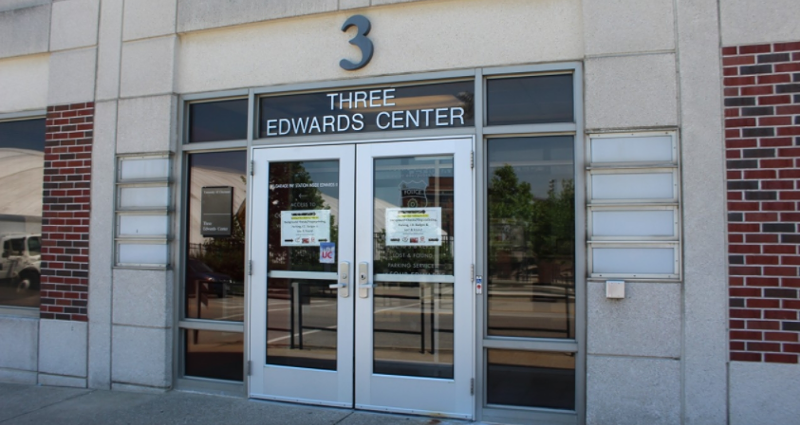The University of Cincinnati didn’t have the right to keep records of a student who was a convicted sex offender out of public view, according to the Ohio Court of Claims.
After student William Houston was awarded an honor given to student who have had to overcome adversity, the university was criticized for the award, because Houston had previously been convicted of a sex offense and was a registered as a sex offender. He pleaded no contest in Wood County Common Pleas Court in 2015, and received three years of probation, according to court documents.
When the controversy arose, the Cincinnati Enquirer sent the university a public records request under Ohio’s open records law, asking for records shared by the university police division to UC’s Title IX coordinator. The Enquirer also asked for public records from an investigation launched by the Title IX coordinator in 2019 regarding the controversy over Houston’s criminal record.
The University of Cincinnati denied the request, claiming that records from the university’s police division and the Title IX Coordinator’s file were “education records” protected under the federal Family Education Rights and Privacy Act (FERPA) because they contained a student’s name.
The Ohio Court of Claims said the mere presence of a student’s name doesn’t exempt the university from providing a public record, and the fact that some of the documents were law enforcement records makes them public records under Ohio’s public records laws, whether or not they involve a student.
The university tried to argue that records from 2016, when UC police Lt. David Brinker created a file of information on Houston “while assisting another law enforcement agency” — and then provided those documents to the Title IX coordinator in 2019 — were also protected under FERPA because the “activity took place only because the offender was a UC student.”
The court disagreed with that argument, saying law enforcement documents don’t transform into non-public documents just because they involve a student or are given to a department of the university.
“The purposes of the Public Records Act would be thwarted if records of a law enforcement agency could be concealed merely by sharing them with an educational institution,” the court stated.
In denying the university’s claim that some of the Enquirer’s request was too vague, the court said “plain reading” of the request shows it asked for records specifically pertaining to the “investigative case created by Andrea Goldblum” and gave a specific timeline for the materials they were requesting.
“The request provides relevant record identification criteria desired by UC, and is unambiguous as to the particular investigative case file sought.”
While the university argued the request was actually two separate requests, one regarding Houston and another for the investigation “regarding…backlash that followed his reception,” the court didn’t see it that way.
“I find no grammatical basis to parse the wording in this manner, or any evidence that the Enquirer so intended,” the judge wrote.
The judge ordered the university to provide unredacted copies of the records, and all public files that fall under the Enquirer’s request.
This story originally appeared in the Ohio Capital Journal


